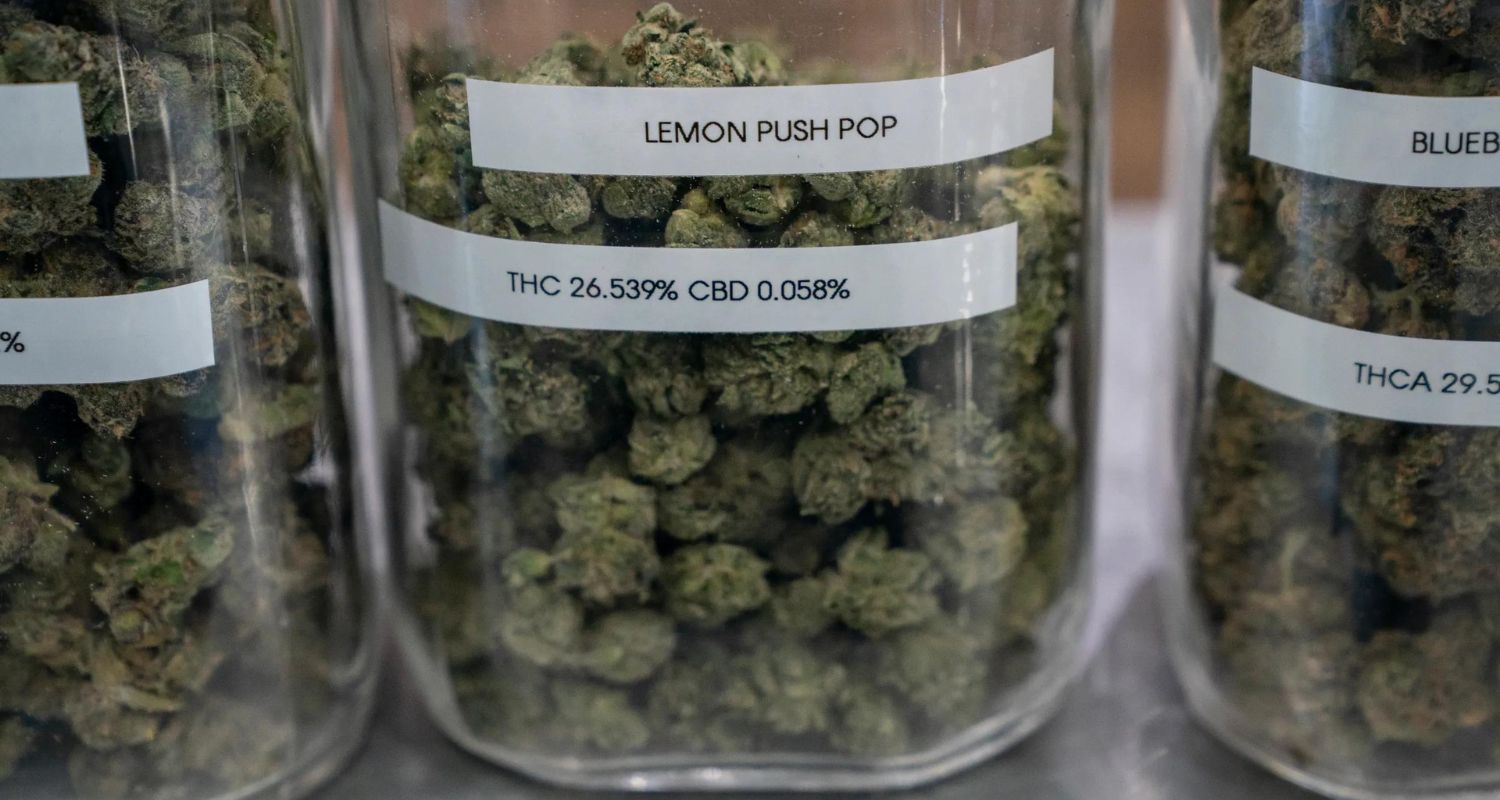Michigan, often celebrated for its natural wonders—its expansive lakes, verdant forests, and picturesque beaches—has undergone a profound economic transformation in recent decades. Once renowned for its automotive dominance, the state now faces the challenges of transitioning industries and evolving cultural landscapes.
In the post-World War II era, Michigan stood as a beacon of economic prosperity, with giants like General Motors, Ford, and Chrysler headquartered in Detroit. The automotive sector thrived, fueling a robust middle class and setting a national standard of living. Michigan beckoned talent from far and wide, embodying the quintessential American Dream.
However, the winds of change have blown. The decline set in during the 1980s, as General Motors began shedding jobs, signaling the start of a downward spiral for the automotive industry.
Bureau of Labor Statistics data reveals a 35% drop in auto-related employment since 1990, mirroring the broader decline in domestic auto sales. This downturn rippled through ancillary businesses, impacting everything from eateries to real estate, once buoyed by the automotive boom.
What precipitated this decline? Hubris played a role, with auto executives underestimating foreign competition and overestimating American prowess. Concurrently, demands from the Auto Workers Union for hefty wages and benefits strained the industry further, leading to soaring costs and dwindling quality.
Communities like Flint and Lansing, once thriving manufacturing hubs, bore the brunt of the fallout. GM plant closures ravaged these areas, leaving behind economic scars that endure to this day. Flint, once synonymous with automotive prosperity, witnessed its descent into economic hardship, epitomized by its tragic moniker, ‘The Murder City.’
Amidst this economic tumult, Michigan finds itself at a crossroads, with the burgeoning cannabis industry offering a glimmer of hope. As the state navigates shifting economic sands, cannabis emerges as a potential catalyst for job creation, investment, and economic revitalization.
With the legalization of recreational marijuana, Michigan stands poised to seize this opportunity, charting a new course for its economic trajectory.
While the decline of the automotive industry marks the end of an era for Michigan, it also signifies the dawn of a new chapter. As the state embraces emerging industries and adapts to changing landscapes, the resilience and tenacity of its people shine through, guiding Michigan towards a future marked by prosperity and progress.

